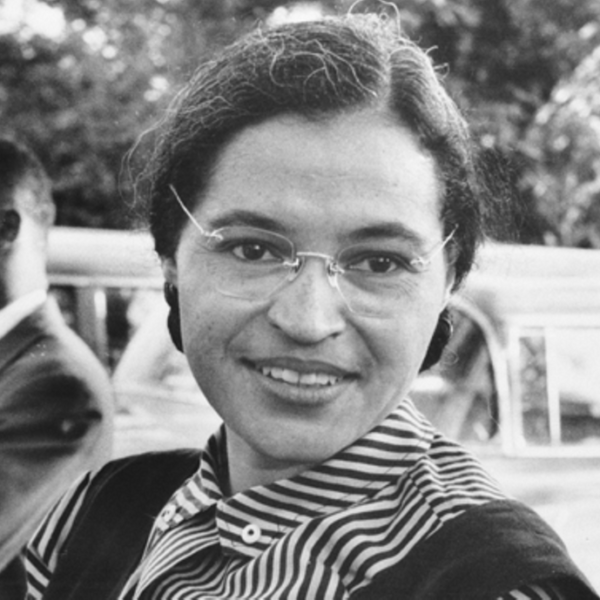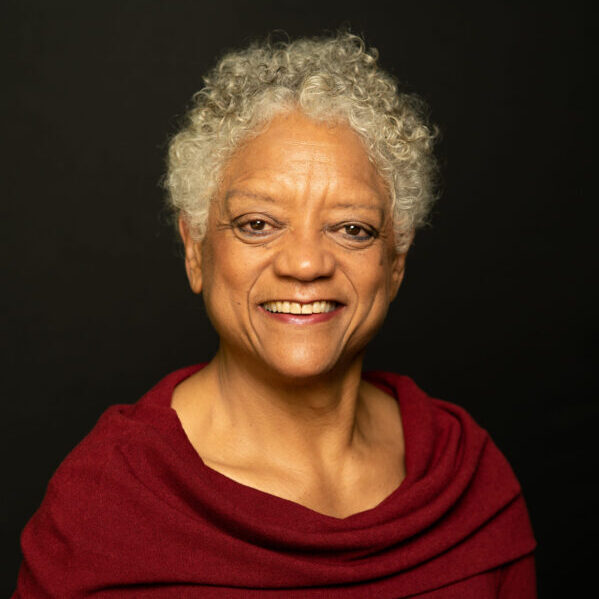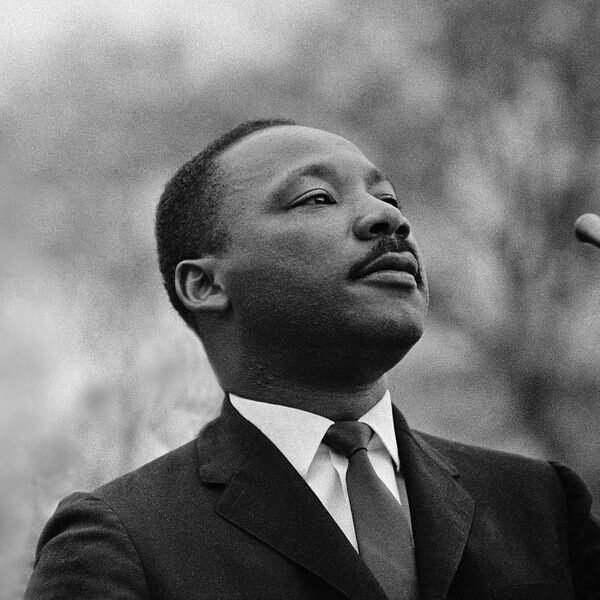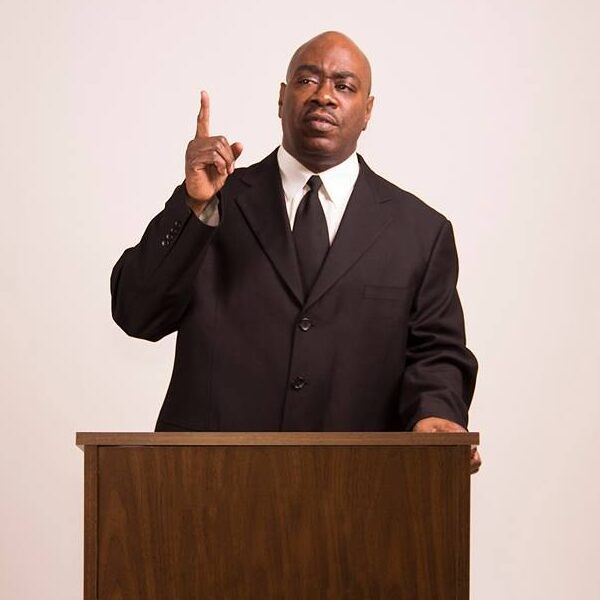Black History Live
Now in its 15th year, Colorado Humanities’ Black History Live tour is an annual recognition each February of the significant contributions African Americans have made and continue to make to art, culture, economic development, education, human rights, medicine, public services, politics, and sports. This year’s statewide tour will feature the living-history portrayals of Rosa Parks by nationally acclaimed scholar/actor Becky Stone, and Martin Luther King, Jr. by scholar/actor Marvin Jefferson.
The portrayals will be performed in a Chautauqua format, which is a first-person dramatization of a historical figure. The speaker’s monologue typically lasts 40 minutes, followed by 20 minutes of Q&A, first in character and then out of character as the scholar/performer.
Click below to learn more about the historical figure and actor/scholar.
Black History in Action
For our 2017 Black History Live tour, Becky Stone portrayed Harriet Tubman, showing audiences how one woman became an abolitionist who led hundreds of slaves to freedom on the Underground Railroad, a Union spy during the American Civil War, and one of America’s most beloved humanitarians.























